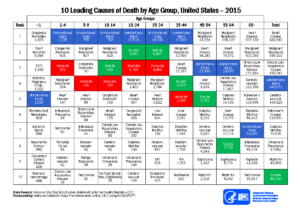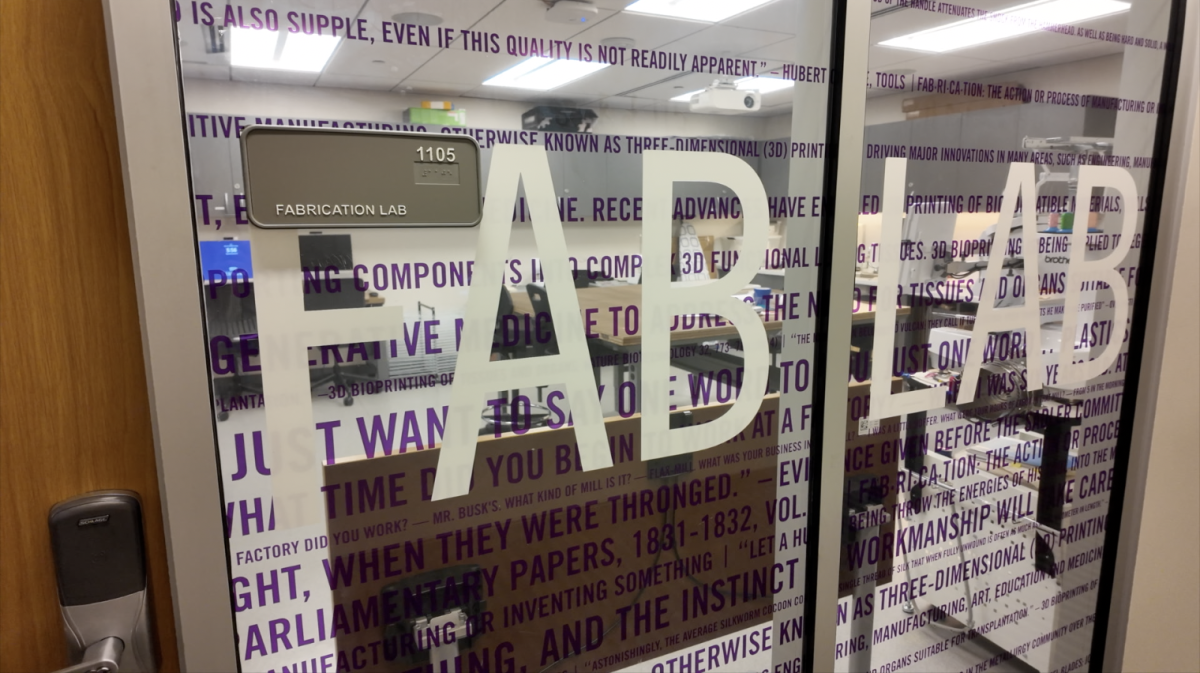It’s been five years since Sarah Goldberg’s younger sister Abby took her life – she was 13 at the time. “At a certain point you have to move on,” Goldberg said. “Your life continues and you make new memories, but it is one of those things that never really goes away. It is hard and it is painful, but ever since, my family has done a lot for suicide prevention.” Goldberg, a finance and political science double major, and her family are advocates for mental health awareness. She understands the importance of de-stigmatizing the word “suicide” and supports the TCU Counseling & Mental Health Center‘s efforts to make the campus more aware of the signs that some could be struggling. Now in its eighth year, TCU’s R U OK? outreach program is in the process of submitting a grant proposal that would allow the suicide awareness and prevention campaign to be extended. Feelings of confusion, loneliness and, anxiety have the potential to lead to depression; the number one cause of suicide. Suicide is the second leading cause of death among college students, TCU is actively working to bring awareness to the topic. 
“Abby had a history of mental health and depression, but we were not expecting it in the slightest,” Goldberg said. “I think a lot of what we have done, my family and myself included, is because of my little sister. Hopefully, while it is really sad that it happened, we can do something positive.”
This unexpected aspect of suicide is something Wood wants to draw attention to. “A lot of people do not understand how prevalent suicide is among college students,” Wood said. “For every 10,000 students on campus, you can expect one completed suicide per year.” Having a support system while in college and knowing when to reach out for help are two very important factors to being mentally healthy, Goldberg said.
“I think that people will take their lives because they feel like nobody is going to remember them,” she said. “Being there for that person and just telling them that they have so much to value in this world [is important].”
Aside from working closely with The American Foundation for Suicide Prevention and various other organizations, the Goldbergs and other volunteers created “REDgen,” a non-profit organization based in the greater Milwaukee area that works to educate the public about youth’s mental health. “I am just doing my part to make a difference in someone else’s life,” Goldberg said. “I think that is the biggest thing.” Anyone who is experiencing suicidal thoughts can visit the TCU Counseling & Mental Health Center website or contact the TCU 24/7 counseling hotline at 817-257-7233.







